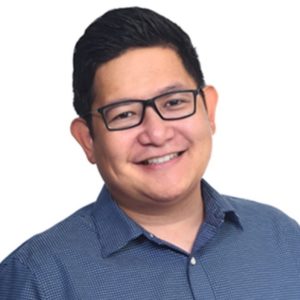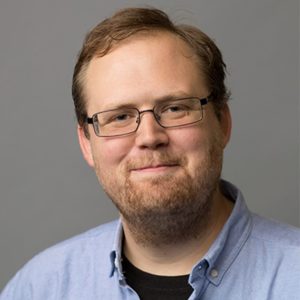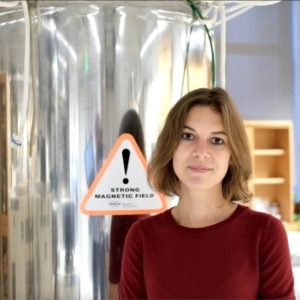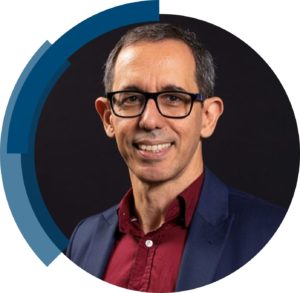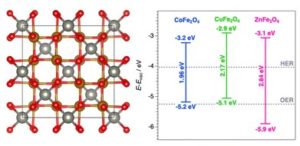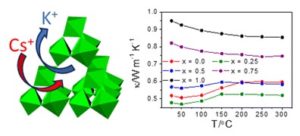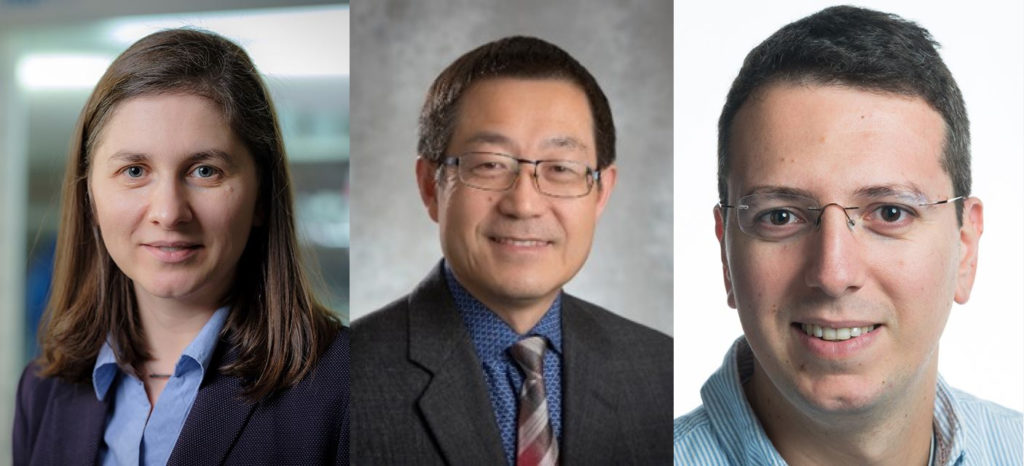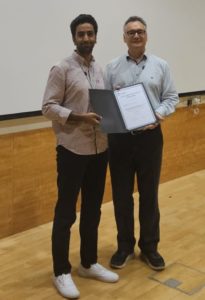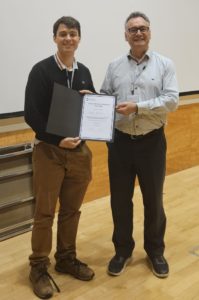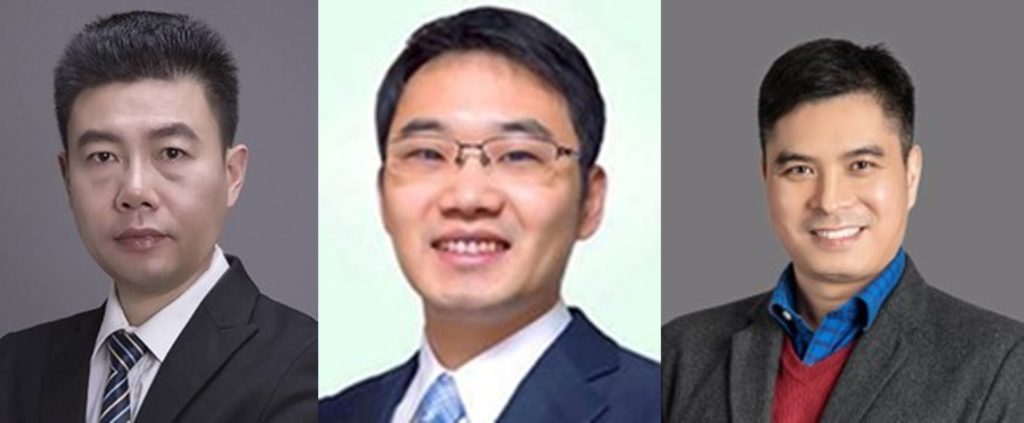Honorary collection in memory of Professor Dr Helmut Ringsdorf
Open for Submissions until 20 March 2025
We would like to announce this Open Call for our upcoming Journal of Materials Chemistry B and C honorary collection in memory of Professor Dr Helmut Ringsdorf.
Professor Dr Helmut Ringsdorf (30 July 1929 to 20 March 2023) was a prominent German chemist who died last year on 20 March 2023 at the age of 93. During his entire scientific career, Professor Dr Ringsdorf made significant contributions to the scientific community in the scientific domains of supramolecular chemistry, polymer science, materials science, and biocompatible materials. Professor Dr Helmut Ringsdorf’s contributions have had a lasting impact on both fundamental science and practical applications, making him a highly respected figure in the scientific community. In gratitude for his scientific services, we present this special collection.
Focusing on the same scientific domain of Professor Dr Ringsdorf, this honorary themed collection aims to include the following topics:
- Strategic design and architectures of new supramolecular systems and their applications in electronics, optoelectronics, robotics, electro-optics and thermotropics
- Design, synthesis and characterization of new symmetric and unsymmetric columnar mesogenic systems
- Charge transport mechanism in supramolecular systems. This topic will include an advancement in the electric field and temperature dependent charge transport in supramolecular, π-conjugated and polymeric LC systems
- Design of new liquid crystalline materials and their dielectric, ferroelectric, and semiconducting behaviour
- Polymer chemistry: Design of new polymeric systems as charge transport materials in solar cells, organic field-effect transistors and light-emitting diodes
- Liquid crystal polymers (LCPs) and their applications
- Design and synthesis of new organic charge transport materials
- Biocompatible materials for biomedical and sensing applications; biodegradable polymers
- Design of soft matter-based drug delivery systems, macromolecular drugs and polymer-based drug delivery systems
The Guest Editors welcome submissions that are within the scope of Journal of Materials Chemistry B or Journal of Materials Chemistry C and encourages potential contributors to contact the Editorial Office regarding the suitability of manuscripts for the honorary collection.
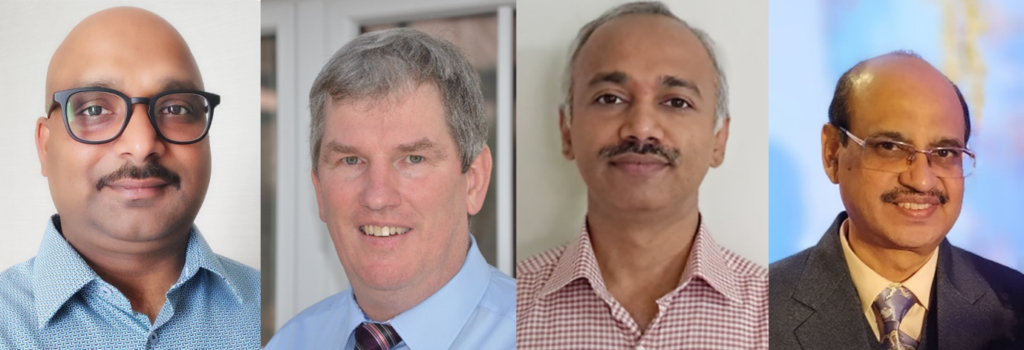
This collection is guest edited by Dr Dharmendra Pratap Singh (Université du Littoral Côte d’Opale (ULCO), France), Professor Dr Matthias Lehmann (University of Würzburg, Germany), Professor A.S. Achalkumar (IIT Guwahati, India), Professor Sandeep Kumar (Nitte Meenakshi Institute of Technology, India).
For this Open Call, we welcome full Papers and Communications. All submissions will be subject to assessment against the journal’s usual scope and standards criteria and sent for peer review only if appropriate. Accepted articles will be published online as soon as they are ready and added to the web collection.
We sincerely hope that you will be able to contribute your latest research to this themed collection. We look forward to receiving your manuscripts.
Dr Dharmendra Pratap Singh (Université du Littoral Côte d’Opale (ULCO), France)
Dr Dharmendra Pratap Singh is an Associate Professor at the University of the Littoral Opale Coast (Université du Littoral Côte d’Opale (ULCO)), France. He is a member of the Unité de Dynamique et Structure des Matériaux Moléculaires (UDSMM) laboratory and head of the first-year cycle of Industrial Engineering at the Engineering School of the ULCO. Dr. Singh obtained his Ph.D. degree from the Department of Physics, University of Lucknow, India in 2016. His current research activities are focused on the columnar materials, discotics, ferroelectrics, nematics and ferroelectric nematic liquid crystals along with their nano-dimensional counterparts for studying the charge transport mechanisms and their applications in energy, sensing, thermoelectricity, optoelectronics, photovoltaics and organic electronics. He has received the Young Scientist Award by the Indian Science Congress in 2017. He is the recipient of the best research award by the Indian Liquid Crystal Society in 2012 and an early career award at Cambridge University in 2013. He was also awarded by a Best Research award by the Korean Display Society (KIDS) in 2015 and the prestigious Raman-Charpak fellowship between India and France. He has published more than 100 research articles in esteemed journals and 4 book chapters. He is also the principal investigator of many projects such as PHC Star, Procore, Galilée, Alliance and Samuel de Champlain with South Korea, Hong Kong, Italy, the United Kingdom, Poland, Belgium and Canada, respectively. Presently, he is serving as a reviewer for more than 35 reputed journals from RSC, ACS, APS, Wiley, Elsevier, AIP, IOP, Springer, Nature, etc. He is also life-time member of the International Liquid Crystal Society, Indian Liquid Crystal Society, and affiliate member of RSC. He is also serving as “Guest Editor” for the Journal of Molecular Liquids (Elsevier).
Professor Dr Matthias Lehmann (University of Würzburg, Germany)
Matthias Lehmann is a Professor in Organic Materials – Soft Materials and Liquid Crystals – since 2011 at the University of Würzburg and held before the prestigious Heisenberg fellowship of the German Science Foundation. He studied Chemistry at the University of Mainz, and began his independent career as a Juniorprofessor at the Chemnitz University of Technology after Postdoc positions at the University of Zaragoza and the Free University of Brussels.
His research interest focus on the synthesis, self-assembly and application of complex soft matter with liquid-crystalline properties as new emerging materials. Special emphasis lays in the structural control, which is studied by comprehensive X-ray scattering methods, modelling and simulation.
Professor A.S. Achalkumar (IIT Guwahati, India)
Achalkumar Ammathnadu Sudhakar is working as a full professor at the Department of Chemistry, IIT Guwahati from 2019, where he leads the Soft Matter Research Group. He is also associated with the Centre for Sustainable Polymers at IIT Guwahati. He received his PhD from Centre for Nano and Soft Matter Sciences (CeNS) Bengaluru. He worked as a Postdoctoral Researcher at the Centre for Molecular Nano Sciences, University of Leeds, Leeds, UK (2007 to 2009) and at RIKEN Advanced Science Institute, Wakoshi, Japan (2009 to 2011), before joining IIT Guwahati. He has been the recipient of Indian Liquid Crystal Society Silver Medal 2019, CRS Silver Medal 2023, Fellow of Royal Society of Chemistry and Fellow of Indian Chemical Society for his research achievements. His research interests fall in the broad area of liquid crystals, supramolecular chemistry, functional polymers, organogels and self-assembled organic semiconductors. He has published around 100 papers and 3 patents. So far 7 students have obtained PhD under his guidance and He has several invited articles and hot articles to his credit. Apart from the academic work, he has also served as a Dean of Outreach Education Program at IIT Guwahati from 2021-2024. He is serving as an Associate Editor for prestigious journals – Materials Advances and Journal of Materials Chemistry C of Royal Society of Chemistry from 2023. He is the life member of Indian Liquid Crystal Society, Chemical Research Society, Society for Polymer Science in India and an invited member for American Chemical Society.
Professor Sandeep Kumar (Nitte Meenakshi Institute of Technology, India)
Dr Sandeep Kumar is a Professor at the Department of Chemistry, Nitte Meenakshi Institute of Technology, Bangalore, India. He obtained his Ph.D. from Banaras Hindu University, Varanasi in 1986. He was a Postdoctoral Research Fellow at the Hebrew University of Jerusalem; Technion, Israel Institute of Technology, Israel; the Scripps Research Institute, La Jolla, USA during 1988-1994. He worked with Professor Ringsdorf at the University of Mainz, Germany during 1994–1995 prior to joining the Centre for Liquid Crystal Research, Bangalore to start a new Chemistry laboratory. In 2002, he moved to the Raman Research Institute, Bangalore from where he superannuated in November 2019 and joined NMIT.
He was a visiting Research Professor at the Naval Research Laboratory, Washington DC during 1999-2000, at the National Dong Hwa University, Hualien, Taiwan during 2008 and E.T.S. Walton Visiting Professor at the Trinity College, Dublin, Ireland during 2012-2013. He has also visited many other countries like, U.K., France, Switzerland, Japan, China, Korea, Malaysia, Singapore, Slovenia, Poland, Italy to deliver lectures.
He has published more than 350 research papers in peer reviewed top-rated international journals; 3 Books, 13 book chapters and 10 patents. These papers have received about 12000 citations with h-index of 49 and I-10 Index of 236 (https://scholar.google.com/citations?user=AI_wSdAAAAAJ&hl=en).
He was awarded the inaugural LG Philips Display Mid-Career Award by the International Liquid Crystal Society in 2008; Indian Liquid Crystal Society Lifetime achievement award 2020 and Professor Shivaramakrishna Chandrasekhar Lecture Award 2023.
Professor Sandeep Kumar has made outstanding contributions in the field of Liquid Crystals with the highest number of publications on Discotic Liquid Crystals in the world. He is in the world’s top 2% scientists list, published by the Stanford-Elsevier, 2021, 2022, 2023. ScholarGPS has placed him at the 29th position in the Top 0.05% list of all scholars worldwide in liquid crystal field.











